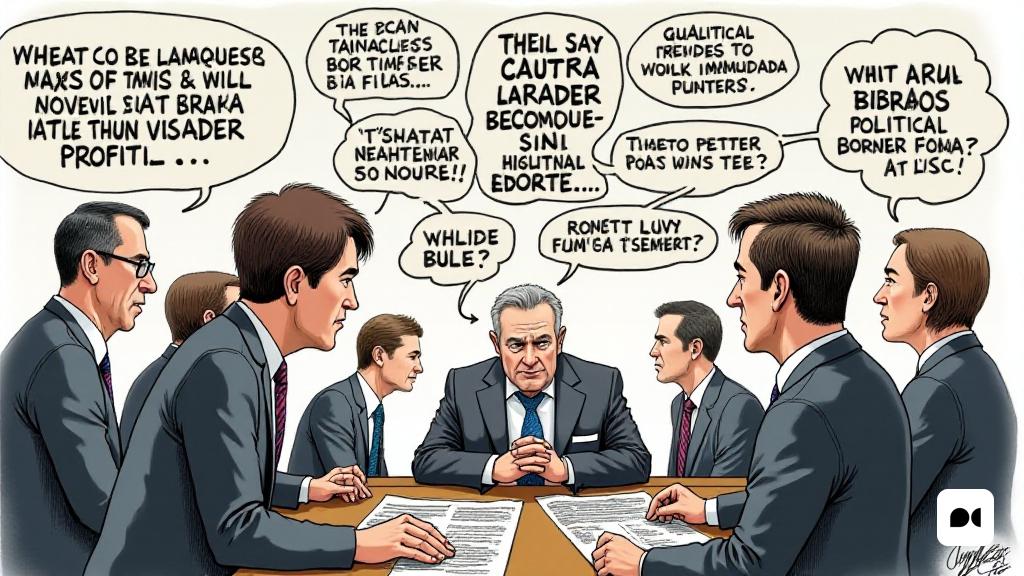Political relocations in an uncertain scenario
Catalan politics is in a moment of transformation, where prominent figures such as Laura Borràs and Raül Romeva are caught in a web of strategic decisions. Recently, Junts has chosen to place Puigdemont at the head of his party, a move that has left Borràs in a delicate position at the FunDem foundation.
The Judicial Shadows That Plan Over Key Figures
Both political figures carry considerable judicial weight. Borràs faces a possible sentence of five years in prison and thirteen years of disqualification for crimes of fraud and document falsification. In a more serious context, Romeva faces twelve years of seclusion and perpetual disqualification for sedition and embezzlement. However, their convictions are still not firm, which creates a climate of uncertainty.
Law and Confusion: A Legal Maze
The Civil Code of Catalonia establishes that a disqualified public office holder cannot preside over a foundation. However, the particular circumstances of Borràs and Romeva complicated the interpretation of this rule. The Irla Foundation, for example, justifies the continuity of Romeva in his position with the argument that the amnesty law could modify his situation.
A Special Case: The Irla Foundation
Sources at the Irla Foundation have expressed that Romeva’s appointment was made in the belief that the amnesty law would materialize soon, which makes his situation even more controversial.
The Challenge of the PSC Government
The PSC Government is faced with a dilemma as it must ensure that the laws are applied fairly. Immaculada Barral, a prominent figure within the Department of Justice, will be responsible for reviewing the legal implications of these foundations and their management.
Future Perspectives
According to recent reports, the ministry led by Ramon Espadaler is preparing a document that will analyze the legal situation of foundations. The verdict may turn out to be unfavorable for Borràs, since the law is clear in relation to document falsification.
Borràs has defended that her conviction does not prevent her from holding non-elective positions, such as that of university professor, but her political future remains surrounded by uncertainty. His intention to take advantage of the amnesty law adds to a complex landscape, marked by a constant ebb and flow of legal and political decisions.

